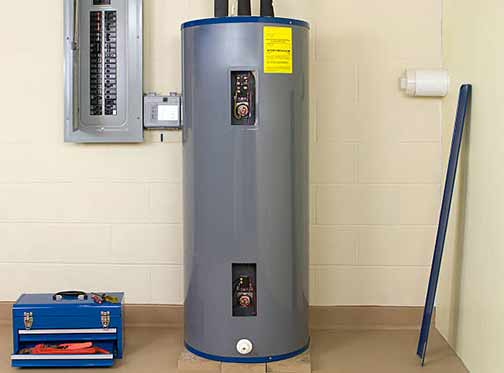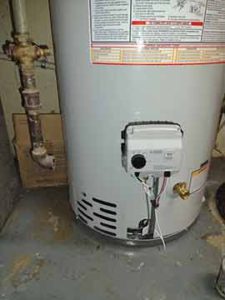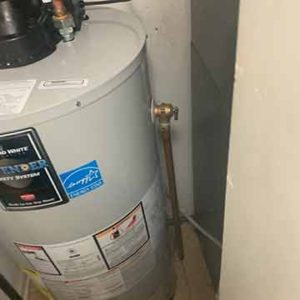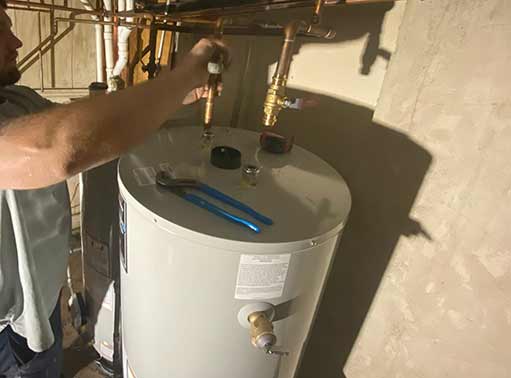
Are you about to replace the water heater in your home? Did you know this is the best time to solve all the hot water issues in your home? The steps you take when choosing a new water heater will make all the difference to your enjoyment of the new system.
Water heaters come with different functionalities. The existing models are always updated. Since the last time you bought a water heater, so much has changed about how water heaters work. It is vital to update yourself on these changes before buying a new water heater, advises www.residerentals.com.
In addition to changes in the design and function of water heaters, there may also be changes to your home’s hot water needs. Before buying a new system, you want to make a list of the shortcomings of the old one to ensure that your new water heater solves all the problems you had with the old one.
What are the common mistakes people make when buying a new water heater for their home? Below are some common errors you want to avoid when replacing your water heater. Follow the advice in this post if you want to get the most value out of your new water heater system.
8 common mistakes homeowners make when replacing their water heater
Buying the wrong size
This is the most common error homeowners make when replacing their water heater. Even if you think your home’s hot water needs have not changed since your last water heater installation, water heater systems have changed. It costs less to assess your home’s hot water needs than it will cost to fix the problem if you choose the wrong water heater.
Not considering energy-efficiency
Newer water heater systems use considerably less energy than older ones. Buying an energy-efficient water heater can result in huge cuts to your energy bill throughout the lifetime of the water heater. When shopping for an energy-efficient water heater, look for the Energy Star logo. These systems cost a little bit more, but you can recoup the difference in cost through cuts in utility spending.
The system is incompatible with existing plumbing
Even if you buy the best water heater available, its impact on your home’s hot water needs will be insignificant if there is a mismatch between your plumbing and the new system. Your plumbing can impose severe restrictions on the performance of a water heater. Before you choose a water heater, make sure it can work with the existing plumbing or plan to upgrade your plumbing.
Overlooking the system’s maintenance needs
It is a huge mistake to buy a water heater without first considering its maintenance requirements. Some water heater systems require a lot more work to maintain than others. Given that maintenance is a huge factor in the performance of a water heater, make sure you can maintain it to the required level before you buy a water heater.
Building code violations
There are strict guidelines on how to install a water heater. These guidelines exist for you and your family’s safety and the protection of your home and belongings. Ignoring local codes and regulations when installing a water heater will create avoidable safety issues in your home. They can predispose the home to house fires and other emergencies.
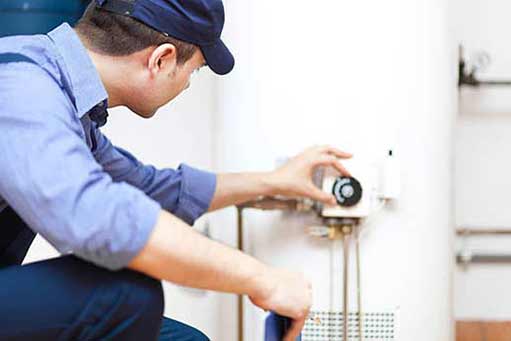
Water heater installation is not one of those things you should DIY. Several variables can affect the performance of a water heater and the safety of the people living in the home.
Overlooking warranty options
Most new water heaters come with a warranty, but the terms of the warranties are often hidden in the fine print that homeowners don’t read. Before you buy a new water heater, ask questions about available warranties on parts and labor, and how long the warranty will last. Maintaining a water heater is not cheap, but a good warranty will help to reduce that cost.
Not using a professional installer
Water heater installation is not one of those things you should DIY. Several variables can affect the performance of a water heater and the safety of the people living in the home. A poorly installed water heater can cause massive damage to your home. The installation process also takes a lot of time and there are significant safety concerns.
Improper disposal of old system
Some regulations specify the proper way to dispose of a disused water heater. Water heaters contain components that can harm the environment. Improper disposal of an old water heater can cause the death of wildlife, damage to soil and pollution of groundwater. That is an additional reason to hire a professional to install your water heater.
To avoid these mistakes, it is best that you talk with a reputable plumber before you buy your new water heater. An experienced professional plumber can save you a lot of money and trouble when replacing the old water heater in your home.

